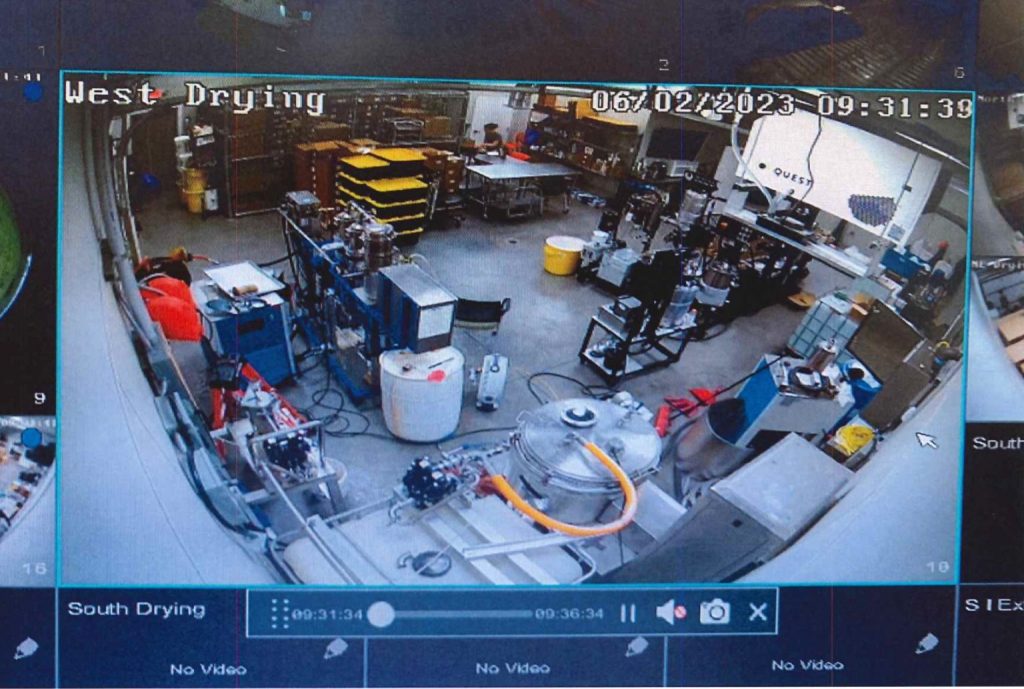The recent Haribo recall has brought significant attention to the often-overlooked domain of food safety within the candy industry. This incident, involving the presence of cannabis in Haribo’s sweets distributed in the Netherlands, has sparked widespread concern and debate over quality control processes. The unsettling discovery not only highlights the potential vulnerabilities in food manufacturing but also underscores the critical need for stringent safety protocols to protect consumers, particularly children.
Cannabis contamination in popular treats like gummy candies poses a serious public health risk and challenges conventional perceptions of trusted brands. Haribo, known globally for its colorful confections, now faces the daunting task of addressing this safety lapse while rebuilding consumer trust. This situation serves as a stark reminder of the complexities involved in food production and the delicate balance between innovation and safety in the ever-evolving culinary landscape.
As the industry grapples with the implications of such recalls, it raises pressing questions about the future of food safety regulations and the accountability of manufacturers. How will this incident shape consumer expectations and industry standards? With global food supply chains becoming increasingly complex, the demand for transparency and rigorous oversight intensifies, prompting a reevaluation of practices to ensure that such alarming issues do not recur according to Google Trends. What measures should be implemented to prevent future mishaps and safeguard public health?


